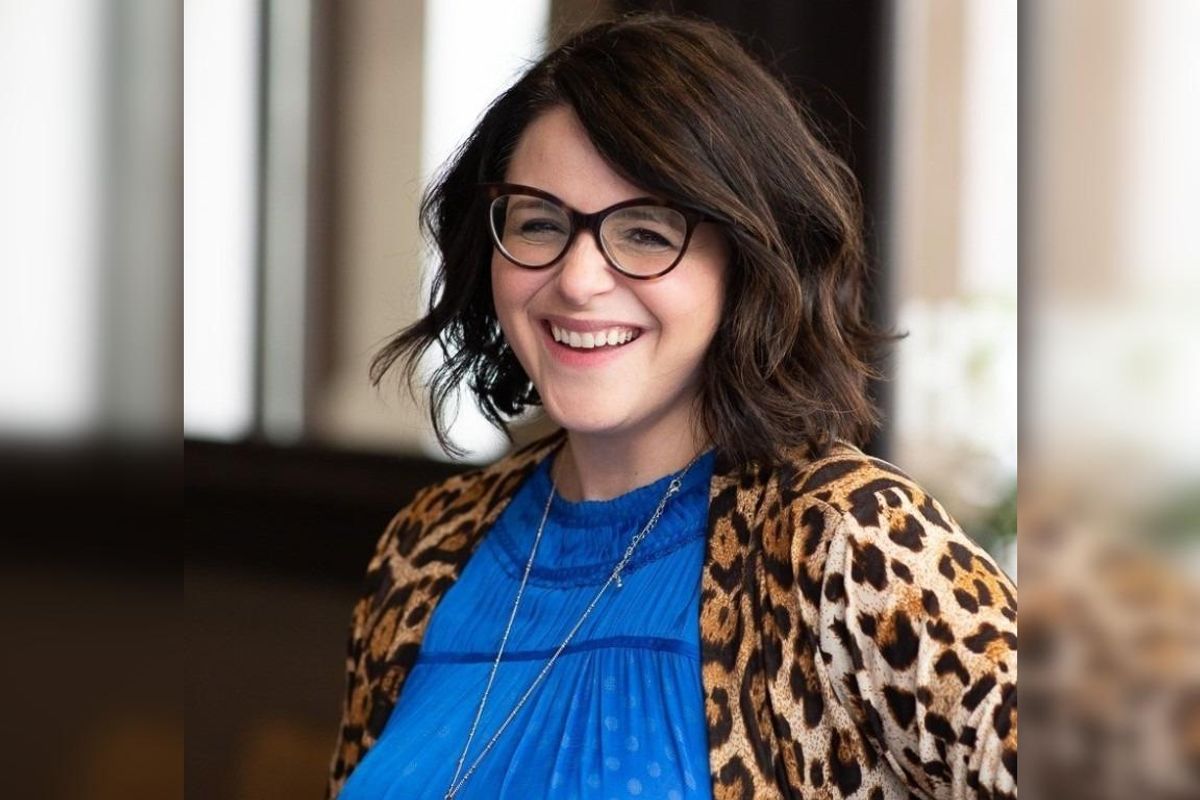Houston digital health platform Koda closes $7 million funding round
fresh funding
Houston-based digital advance care planning company Koda Health has closed an oversubscribed $7 million series A funding round.
The round, led by Evidenced, with participation from Mudita Venture Partners, Techstars and Texas Medical Center, will allow the company to scale operations and expand engineering, clinical strategy and customer success, according to a news release.
“This funding allows us to create more goals-of-care product lines, expand our national footprint, and bring goal-concordant care to millions more patients and families," Tatiana Fofanova, co-founder and CEO of Koda Health, said in the release.
Koda Health, which was born out of the TMC's Biodesign Fellowship in 2020, has seen major growth this year and said it now supports more than 1 million patients nationwide. The company integrated its end-of-life care planning platform with Dallas-based Guidehealth in April and with Epic Systems in July. Users of Epic's popular Mychart system and Guidehealth's clinically integrated networks can now document and share their care preferences, goals and advance directives for health systems using Koda Health's platform. It also has partnerships with Cigna, Privia and Memorial Hermann.
The company shared that the recent series A "marks a pivotal moment," as it has secured investments from influential leaders in the healthcare and venture capital space.
“Koda is the only company combining technology and service to deliver comprehensive solutions that help health plans, providers, and health systems scale goals-aligned care. With satisfied customers expanding their partnerships and policy shifts reinforcing the need for patient-centered care that also contains costs, we couldn’t be more excited to support the Koda team and their vision,” Sean Glass, managing partner at Evidenced, said in the release.
According to the company, a recent peer-reviewed study with Houston Methodist ACO showed that the platform can have a major impact on palliative care results and costs. The findings showed:
- 79 percent reduction in terminal hospitalizations
- 20 percent decrease in inpatient length of stay
- 51 percent increase in hospice use among decedents
- Nearly $9,000 in average savings per patient
“Patients long for clarity, families deserve peace of mind, and providers demand ease of use,” Dr. Desh Mohan, chief medical officer of Koda Health, added in the release. “At Koda, we make it possible to deliver all three — transforming Advance Care Planning into a compassionate, ongoing dialogue that honors patients and supports families every step of the way.”
Koda Health also closed an oversubscribed seed round for an undisclosed amount last year, with investments from AARP, Memorial Hermann Health System and the Texas Medical Center Venture Fund. Read more here.
- Houston digital health startup sees rapid expansion, grows team ›
- Houston health startup launches tool to revolutionize kidney care, reduce costs ›
- Houston palliative care startup raises $3.5 million in seed funding to expand nationally ›
- Houston digital health platform raises additional seed funding from fresh investors ›
- Houston palliative care company integrates with Epic platforms ›

 Laurel Hess is the founder and CEO of Hampr. Photo courtesy of Hampr
Laurel Hess is the founder and CEO of Hampr. Photo courtesy of Hampr Hampr gives stay-at-home parents or retirees an income option. Photo courtesy of Hampr
Hampr gives stay-at-home parents or retirees an income option. Photo courtesy of Hampr